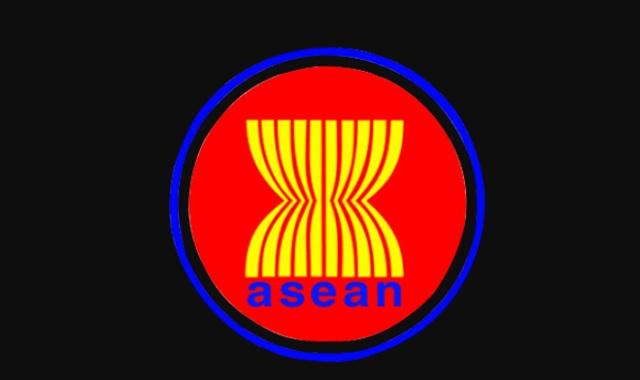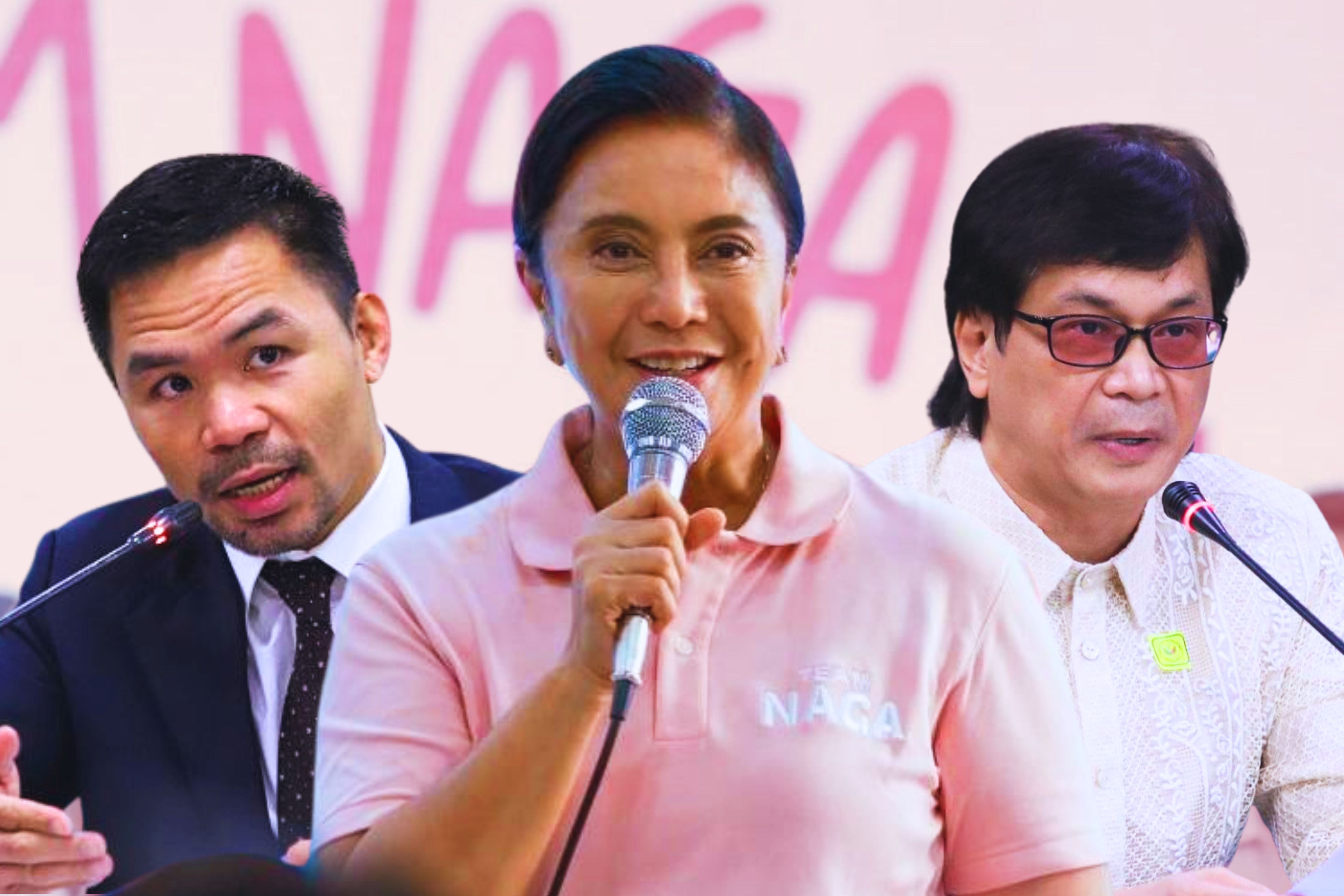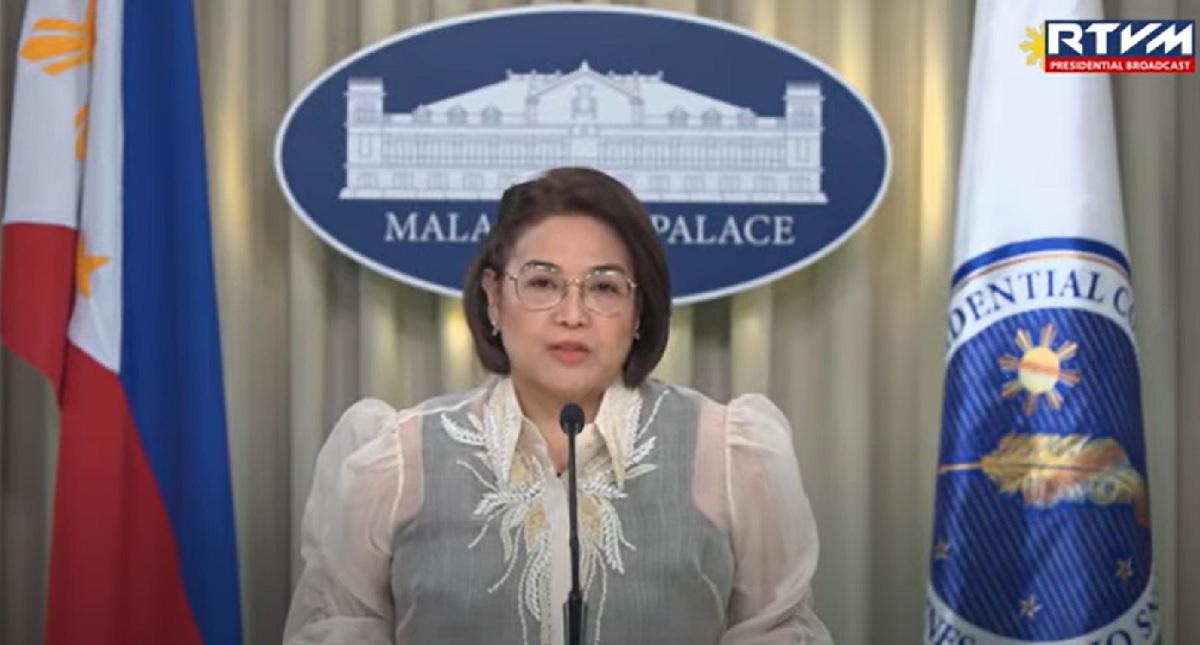ASEAN seeks dialogue with US on tariffs but won't retaliate

KUALA LUMPUR - Southeast Asian countries are pressing for dialogue with the United States on trade tariffs and will not impose retaliatory measures, economic ministers of the regional bloc ASEAN said on Thursday.
Before a 90-day pause was announced by US President Donald Trump on the implementation of U.S. tariffs, six of nine Southeast Asian countries targeted by the US administration were slapped with much bigger-than-expected tariffs of between 32% and 49%.
By comparison, the level for the European Union was 20%, Japan's was 24% and India's 27%.
"We express our common intention to engage in a frank and constructive dialogue with the US to address trade-related concerns. Open communication and collaboration will be crucial to ensuring a balanced and sustainable relationship," the Association of Southeast Asian Nations' economic ministers said in a statement, which expressed concern about the tariffs and their impact.
Following a meeting on Thursday, the ministers said they reaffirmed their support for a predictable, fair, and rules-based multilateral trading system.
Philippine Trade Secretary Ma. Cristina Roque said in a separate statement that the special virtual session ''aimed to forge a unified regional response on the 90-day suspension of reciprocal tariffs, which we acknowledged as a positive, albeit temporary, development.''
“We recognized the necessity for a comprehensive impact assessment to fully understand the direct and indirect consequences of these tariffs on ASEAN member states,” she said.

Need a wellness break? Sign up for The Boost!
Stay up-to-date with the latest health and wellness reads.
Please enter a valid email address
Your email is safe with us
To strengthen partnership with the US, ASEAN will enhance existing cooperation platforms such as the Trade and Investment Facilitation Agreement or TIFA and the Expanded Economic Engagement or E3 Workplan, Roque said.
The Southeast Asian trading bloc will also explore new agreements to bolster supply chain resilience and expand market access.
“Recognizing the evolving global economic landscape, we seek to diversify and deepen trade and investment ties with other countries,” Roque said.
“To this end, we reaffirm our commitment to finalizing the ASEAN Trade in Goods Agreement or ATIGA Upgrade and advancing negotiations for the ASEAN Digital Economy Framework Agreement, with both targeted for completion this year,” the Trade chief said.
Roque said the Philippines remains dedicated to ASEAN and “we are ready to collaborate with fellow member states to cultivate stronger, more strategic global partnerships.”
The 10-member ASEAN is collectively the world's fifth-biggest economy. Its members are heavily reliant on exports as a driver of growth.
ASEAN is composed of Brunei, Cambodia, Indonesia, Lao PDR, Malaysia, Myanmar, the Philippines, Singapore, Thailand, and Vietnam. — with Ted Cordero/Reuters/VBL, GMA Integrated News

Need a wellness break? Sign up for The Boost!
Stay up-to-date with the latest health and wellness reads.
Please enter a valid email address
Your email is safe with us








_2025_04_24_17_56_32.jpg)

